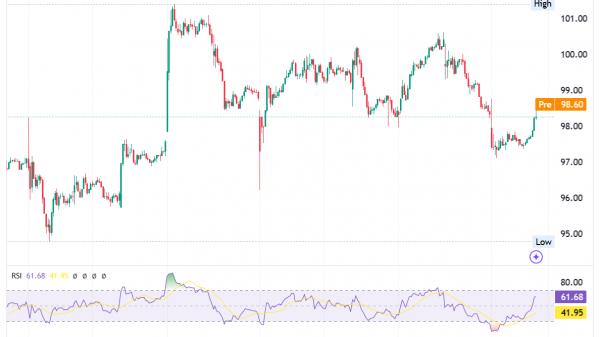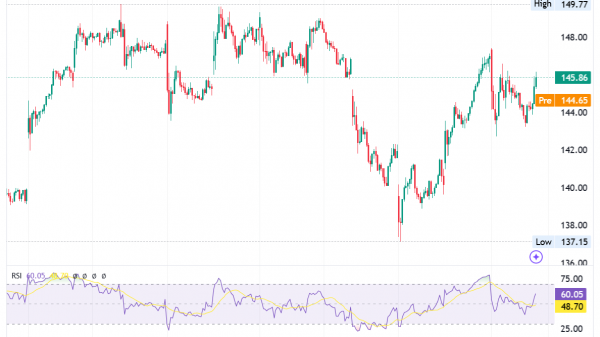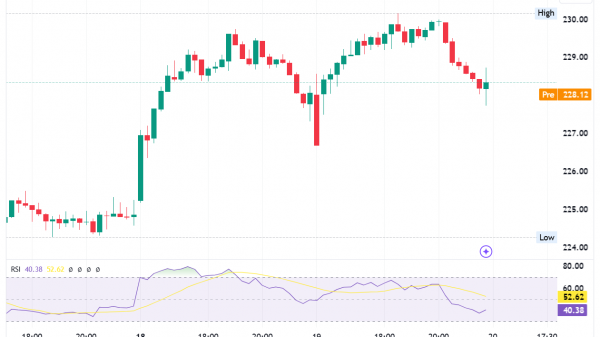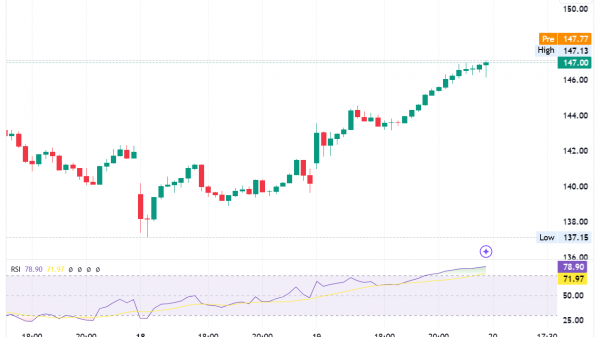The Impact of Central Bank Meetings on Asian Currencies
Most Asian currencies moved little on Monday, reflecting the cautious market sentiment as traders awaited key central bank meetings, including the Federal Reserve and Bank of Japan. The recent dynamics in the Asian currency market, influenced by factors like inflation, interest rates, and government policies, continue to shape the region’s economic landscape. We will delve into the movements of Asian currencies, focusing on the impact of central bank meetings and other key factors that affect the region’s economic stability.
Central Bank Meetings and Asian Currencies
Central bank meetings often have a significant impact on the value of Asian currencies. In the current scenario, the Federal Reserve’s upcoming interest rate decision has left Asian markets apprehensive. The anticipation of higher US rates can challenge Asian currencies as it narrows the gap between risky and low-risk yields. As a result, most Asian currencies remained relatively stable on Monday, with the market watching closely for the Fed’s decision on Wednesday.
While most Asian currencies remained flat, the Australian dollar was an outlier, rising by nearly 0.4% on Monday. This surge in the Australian dollar can be attributed to stronger-than-expected retail sales data for September. This reading contributes to higher inflation expectations and further bolsters bets that the Reserve Bank of Australia will consider raising interest rates in its upcoming meeting.
Japanese Yen’s Resurgence and the BOJ Meeting
The Japanese yen, which has been one of the worst-performing Asian currencies, experienced a slight firming on Monday. This comes after the yen sank to a one-year low the previous week. The focus is now on the Bank of Japan (BOJ) meeting scheduled for Tuesday, where the central bank is expected to announce potential changes to its yield curve control policy. With Japanese consumer inflation on the rise, traders speculate that the BOJ may scale back its ultra-loose policy, and some analysts even predict the end of negative interest rates in 2024. Any hawkish moves by the BOJ are expected to benefit the yen, potentially providing stability in the Asian currency market.
The yen exhibited minimal fluctuations, trading at 149.75 per dollar. This stability provided a slight respite for the currency, which had recently touched a one-year low at 150.78 per dollar during the previous week.
China’s Yuan and Key Economic Data
China’s yuan remained relatively stable on Monday as the market eagerly awaited the release of key purchasing managers index (PMI) data scheduled for Tuesday. This data is expected to indicate an improvement in Asia’s largest economy. The yuan market, however, is facing challenges due to the strengthening US dollar and yield divergence. The outcome of the PMI data and how it impacts China’s economic stability will be closely monitored by investors.
Over the last couple of weeks, both Bank Indonesia (BI) and Bangko Sentral ng Pilipinas (BSP) made the decision to raise interest rates in response to rising inflation concerns. The BI’s unexpected rate hike was primarily aimed at stabilising the Indonesian rupiah (IDR).
The Indonesian rupiah had been on a downward trajectory for eight consecutive weeks. Still, it showed a slight improvement on Monday, gaining 0.1%. However, this positive movement in the currency was not mirrored in the stock market, as Indonesian shares (JKSE) experienced a 0.3% decline.
The chief of Indonesia’s financial regulatory body expressed confidence in the stability of the country’s financial sector, asserting that it is well-equipped to withstand the challenges posed by a higher interest rate environment in the United States. This resilience is a testament to the country’s preparedness to navigate the global economic landscape.
Hong Kong and Thailand Currencies
While not mentioned explicitly in the provided text, it’s essential also to consider the state of currencies in Hong Kong and Thailand. Both regions have their own unique economic dynamics and challenges. For example, Hong Kong’s currency is pegged to the US dollar, which can influence its stability. In contrast, Thailand’s currency may be affected by factors like tourism and global trade.
Navigating the Stability of Asian Currencies
Asian currencies remained relatively stable on Monday, with the market’s attention fixed on upcoming central bank meetings, particularly the Federal Reserve and the Bank of Japan. The decisions and policies set forth by these central banks have a significant impact on the Asian currency market, influencing factors such as inflation, interest rates, and economic stability.
The Asian currency market is a complex landscape with various currencies influenced by a multitude of factors. The stability of these currencies is essential not only for regional economic well-being but also for global trade and financial markets. As we continue to navigate the ever-changing world of finance, understanding the intricacies of Asian currencies is crucial for investors and policymakers alike.
The post The Impact of Central Bank Meetings on Asian Currencies appeared first on FinanceBrokerage.

































